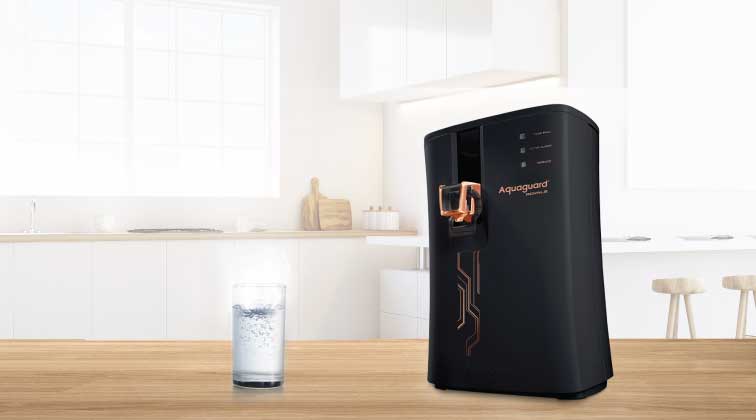Even the most well-meaning neighbour, friend and relative can sometimes be wrong when it comes to understanding how to get healthier water. While some may swear by the efficacy of using chlorinated water, some may believe that new-age drinking water treatment technologies have too many limitations to invest in it. Here, we will debunk some of these prevalent myths that stop individuals and families from accessing safer, purer, healthier drinking water.
Myth 1: Boiling water is as effective as other water purifying technologies.
Fact: Boiling is a common method to make water sfe from harmful diseases causing microorganisms .But to meet the purpose you need 20 minutes boiling water alos need time to cool it. Boiling water cannot remove dissolved impurities present in water like pesticide residues, chlorinated by products ,dissolved organic impurities etc .
Furthermore, boiling the water for 20 minutes doesn’t ensure that the water will remain free from pathogens until consumed. The boiled water can be re-contaminated if left uncovered.
Boiling water is useful but does not guarantee absolute purity as the water left uncovered can get contaminated again.
A better and easier alternative way to get clean and pure water is to install modern electric water purifier that uses UV e-boiling+ chemi block technology. E-boiling is a purification technique in which UV (Ultraviolet) light @ 265 nm passes through the water and kills the harmful microorganisms like bacteria and viruses. The biggest advantage of e-boiling is that it gives pure water which is free from diseases causing microorganisms and dissolved harmful chemical impurities.
Myth 2: Any amount of TDS in water is harmful.
Fact: TDS means Total Dissolved Solids in water. When one thinks of the TDS of drinking water that comes through their taps, they think of only the impurities that will be dissolved in the water. Fact is that water also has essential minerals dissolved in it. According to IS 10500 Drinking water specification , a TDS level of up to 900 milligrams per litre is acceptable for human consumption. However, again, the nature of the dissolved particles is more important than merely the TDS level. It should not contains harmful salts like arsenic and fluoride or man made chemical impurities .
Hence, consult your drinking water expert before you investing in any water filter . If you are looking for an Aquaguard water purifier by Eureka Forbes, you can trust the experts to know about the water quality based on your area pin code. And, based on the experts’ assessment, they even recommend the right type of water purifier so that you get clean and healthy drinking water.
Myth 3: Water purifiers strip the water of essential minerals.
Fact: While some water purification techniques may eliminate essential minerals from the water, it is not a hard fact. There is water treatment technology available from renowned brands such as Eureka Forbes that adds essential minerals such as copper, magnesium, zinc, calcium to the treated water to ensure that you get the healthy minerals that your body needs through drinking water.
The Advance Mineral Guard technology, not only purifies the water but also retains the naturally present essential minerals like calcium, and magnesium, which the ordinary purifiers tend to eliminate during the purification process.
Myth 4: Reverse Osmosis (RO) water purification technology wastes a lot of drinking water.
Fact: The water wasted by the RO system is not always clean and pure drinking water. This water is unfit for human consumption and hence, discarded from the purifier. However, with water scarcity being a global concern and the RO waste water ratio with potable water is 3:1, it is important to know what to do with RO waste water if not drink it.
Here are some uses for the wastewater from water purifier:
- This water can be used for washing.
- The RO wastewater can be used for gardening.
- Cleaning or flushing the toilet.
- The water purifier wastewater can also be used for mopping the floors.
One word of caution: Find out what solids are dissolved in the water to know if your plants, clothes, flooring will react badly with the dissolved solids. For example, if the water contains a high level of lead and arsenic it cannot be used for any purposes.

